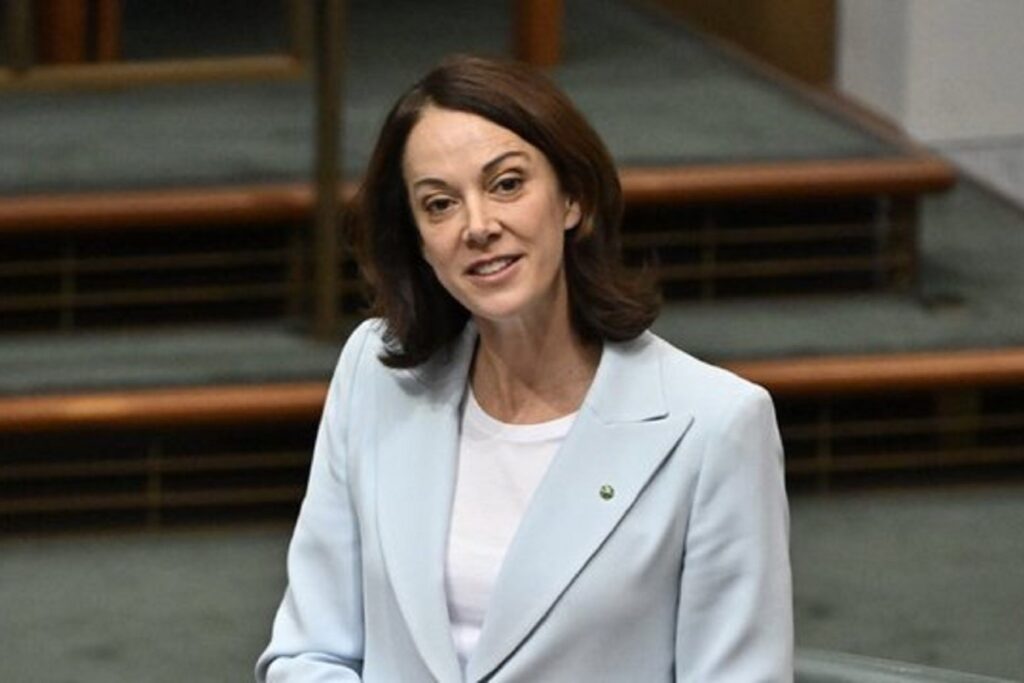Independent MP for Mackellar Dr Sophie Scamps will table a Private Members Bill today to ban junk food marketing in an attempt to tackle the growing issue of childhood obesity.
“Right now a quarter of our children are already on the path to chronic disease because they are over the healthy weight range,” said Dr Scamps.
“We know our children are exposed to over 800 junk food ads on TV alone every year, and that there is a direct link between those ads and childhood obesity. The current restrictions are not strong enough, and self-regulation is just not working.”
Dr Scamps’ bill– Healthy Kids Advertising Bill 2023– would remove ads from TV and radio between the hours of 6am and 9:30pm. Research from 2018, suggests restricting junk food advertising on TV between the hours of 6am and 9:30pm would result in $778 million in healthcare savings.
The bill would also see an outright ban on junk food marketing on social media and other online environments. Under the regulations, substantial fines would be imposed on broadcasters, internet service providers and food companies that fail to adhere to the guidelines.
In Australia, unhealthy food is defined as food and drink not recommended for promotion to children in the 2018 guide published by the Health Council of the Council of Australian Governments, and any additional food and drink categories determined by the relevant Minister.
Approximately 40 countries including the UK, Ireland, Chile, Norway, Mexico, Thailand and South Korea already have or are planning to regulate junk food advertising. Dr Scamps wants Australia to join this list.
A former GP and emergency room doctor, she said a large number of parents in her Mackellar electorate had raised concerns about the predatory nature of the targeted junk food ads. Dr Scamps also said prevalence of childhood obesity and chronic disease is increasing, with obesity estimated to cost the health system $11.8 billion every year.
“If we continue to stand by while children are deluged by junk food advertising on social media and on TV, then we are failing them,” she said.
Research shows there is a direct link between junk food advertising targeting children and childhood obesity, and polling from The Australia Institute in 2022 found strong public support for marketing restrictions, with two-thirds (66 per cent) of people backing the ban on junk food ads.
“At a time when our health system is under strain, investing in preventative health measures to combat the rising cost of chronic disease is plain common sense,” said Dr Scamps.
“I’ve been heartened by conversations I’ve had with members of the Albanese Government as well as public comments made by the Communications Minister, and believe there is genuine political will to address this issue. Protecting our children from obesity and a potential future of chronic disease is something all sides of politics can get behind.”
The Bill will be seconded by Independent MP and former paediatrician Dr Monique Ryan, and also has the support of the Australian Medical Association (AMA), Dietitians Australia, the Cancer Council, the Food for Health Alliance, the Public Health Association of Australia, The Royal Australasian College of Physicians (RACP), The Royal Australian College of General Practitioners (RACGP), and the Heart Foundation.
Public health and marketing experts from across the country have consulted on the bill’s development. It does not cover print or outdoor advertising, sport sponsorship, nor content shared by food and beverage companies on their own websites and social media channels.
“Regulating junk food adverts on our TV screens and in our social media feeds will have a direct impact on the dietary decisions of Australians – including our kids – and can help both reduce childhood obesity and the incidence of chronic diseases,” said Dr Scamps.


